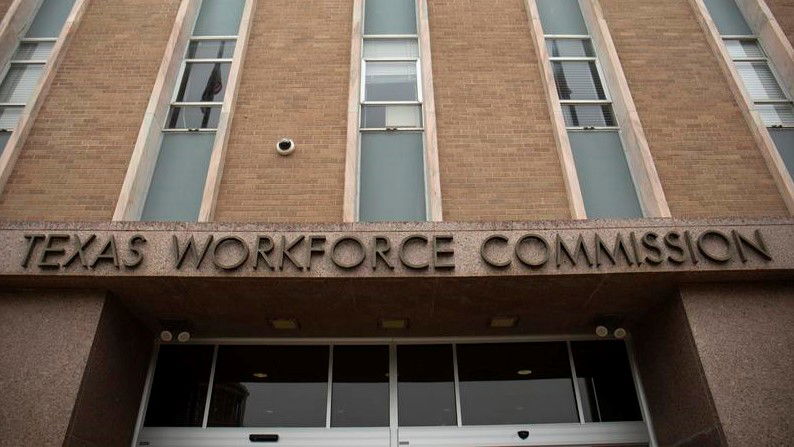Choosing not to return to work? Here’s who can still receive unemployment benefits in Texas

AUSTIN, Texas — State officials are expanding which out-of-work Texans can receive unemployment even after refusing to return to work during the coronavirus pandemic, according to new guidance released by Gov. Greg Abbott's office.
The relaxed guidelines came on the eve of some businesses and restaurants reopening Friday in the first phase of Abbott's plan to re-start the economy.
The governor's office said the following eligibility criteria would now be used in determining if a worker who decides not to immediately return to their job can still receive unemployment benefits...
- The person or a household member is at high risk: People 65 years or older are at a higher risk for getting very sick from Covid-19.
- The person is diagnosed with Covid-19: The individual has tested positive by a source authorized by the State of Texas and has not recovered.
- A family member has Covid-19: Anybody in the household has tested positive by a source authorized by the State of Texas and is not recovered and 14 days have not yet passed.
- The person is quarantined: The individual is currently in 14-day quarantine due to close contact exposure to Covid-19.
- Child care: Child’s school or daycare is closed and no alternatives are available.
Officials said each unemployment claim is being evaluated on an individual basis and other circumstance not outlined above would be reviewed on a case-by-case basis by the Texas Workforce Commission.
"This flexibility in the unemployment benefit process will help ensure that Texans with certain health and safety concerns will not be penalized for choosing not to return to work," Abbott said in a statement.
This doesn’t mean anyone can refuse to go back to work, however, and still receive unemployment. The TWC has advised employers to report employees who say they won't return to work because they can earn more money from unemployment benefits.
“You can’t force them to come back,” said Velissa Chapa, legal counsel to the commissioner representing employers. “But if an employee had already filed for unemployment, they may be denied benefits if they deny suitable work.”
"Suitable work" must be within the realm of the worker’s training and experience and doesn’t include work that can be proven as unsafe, said Tommy Simmons, who also provides legal counsel to a workforce commissioner.
Rick Levy, president of the AFL-CIO, said that while he is "encouraged" by the relaxed guidelines from Abbott’s office, the exceptions fall short in protecting employees with concerns about workplace safety.
"The safety one is a really critical hole that still needs to get filled," he said.
Gamez said that workers with concerns about safety should file a report with the U.S. Occupational Safety and Health Administration.
